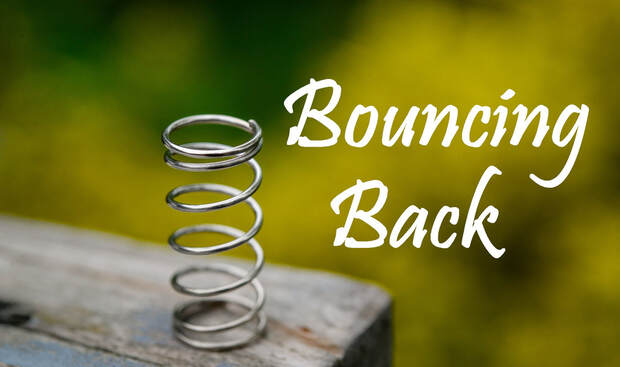Overview
Failing is unavoidable as a human being. There are moments in life where we are at the top and there are moments where we are down. There are times when we rise and fall. It is a circle where it is unavoidable. So what can we do? As an all A and an active student, I myself have failed multiple times, i made wrong decisions that jeopardize my reputation and the outcome of my work which affects my team as well. It was a humiliating experience for me. I would just want to drown myself in tears and not leave my room at all due to humiliation. If i do that i would make things worse for myself, my mental and physical health as i do not communicate with people and do not want to leave the room at all. I have a choice, which is to continue with what I’m doing, which is wallowing in sadness and embarrassment or rise up and face my failure in a positive way. Which choice would you choose if it was you? For me I choose the latter. So now let’s dive in and I will share some tips on how I cope with my failures.
Tips on Coping with Failures
-
Practice Acceptance
It is natural to feel disappointed and frustrated when things don’t go your way, especially during difficult times. It is normal to feel this way. There will be a natural instinct that will tell you to avoid it and suppress these feelings, however sometimes it could make it even worse. Try practicing mindfulness and accept things with an open mind. Acknowledge the feeling. By acknowledging the feelings allows you to find the source of the issue that contributed to the feelings. By finding the source you are able to address the issues.
-
Have Growth Mindset
Those who have a growth mindset believe that abilities can be developed through hardwork and dedication. When failure hits, instead of thinking, ‘i am a failure’, shift that mindset into ‘what can i improve on’ or ‘what can i do to be better’. Having a growth mindset will change the way you deal with setbacks. Instead of wallowing in despair you will come back stronger and more resilient than before. With new knowledge on how to deal with setbacks.
-
Engage with Support Network
Bouncing back from failure requires you to connect with your support network. They can be your closest friends, lover or even family members. You don’t have to deal with it alone. Always remember that although you are an adult, there are always people that care about you. Regardless of your age or gender. Sometimes they can give you good advice and even give you a shoulder to cry on. A strong support system can help you find balance and provide a realistic perspective on a situation.
-
Work Toward New Goals
One of the most important ways to deal with failure is to work toward a new goal. By working toward a new goal, you set new goals that you want to achieve, be it new skill, knowledge, hobbies, interest or anything that you had not been able to focus on before. Working on new goals can help you to refocus on your values and self worth despite falling into failure. You need to remember that we are human and that you are precious.
-
Focus on What You Can Control
When you feel like things are going out of hand, focusing on what you can control and recognizing your ability to change course can be empowering. By shifting your focus on things you can control will help you in being more resilient which makes you able to adapt to any environment under pressure or changes. For instance, you could respond to a negative performance review by understanding that it doesn’t determine your future achievements and seeing it as a chance for improvement rather than a sign of failure.
Conclusion
Failure is an inevitable part of the human experience. While it can be painful and humiliating, it also offers an opportunity for growth and self-improvement. By practicing acceptance, maintaining a growth mindset, engaging with a support network, setting new goals, and focusing on what you can control, you can turn setbacks into valuable learning experiences. Remember, it’s not the failure itself but how you respond to it that defines your future success. Embrace your journey, learn from your mistakes, and continue to rise stronger with each challenge.
References
Wong, R. (2023, October 25). Mastering the Art of Resilience: How to Bounce Back from Failure. LinkedIn. Retrieved August 10, 2024, from https://www.linkedin.com/pulse/mastering-art-resilience-how-bounce-back-from-failure-robin-zo5tc
